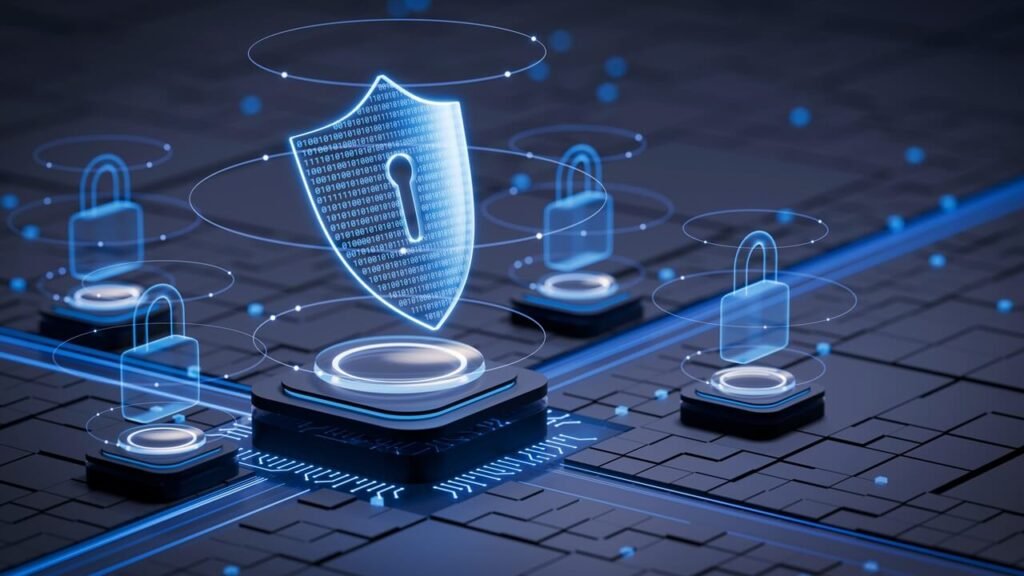In today’s connected era, cybersecurity is no longer an optional concern—it is a necessity for individuals, businesses, and governments alike. As the internet continues to evolve, so do the risks, making it crucial to stay informed about threats, prevention methods, and emerging security technologies.
Understanding Cybersecurity
Cybersecurity refers to the practice of protecting systems, networks, and data from digital attacks. These attacks are often designed to access, alter, or destroy sensitive information, extort money from users, or disrupt normal business operations.
The rise of cloud computing, IoT (Internet of Things), and remote work has expanded the attack surface, making cyber defense more challenging yet more important than ever.
Major Cyber Threats in 2025
-
Phishing Attacks – Cybercriminals send deceptive emails or messages to trick individuals into revealing personal information.
-
Ransomware – Malicious software encrypts a victim’s files and demands payment for access.
-
Data Breaches – Unauthorized access to databases containing sensitive user information.
-
IoT Vulnerabilities – Smart devices with weak security protocols can be exploited to gain access to home or business networks.
-
AI-Powered Attacks – Hackers using artificial intelligence to automate and enhance the efficiency of their attacks.
Why Cybersecurity Matters Now More Than Ever
-
Financial Loss Prevention: Cybercrime costs businesses billions annually, and individuals can face severe financial damage.
-
Privacy Protection: Personal data is highly valuable on the dark web; protecting it is essential.
-
Business Continuity: A single attack can halt operations, causing reputational and operational damage.
-
National Security: Cyberattacks on government agencies can lead to national threats.
How to Protect Yourself and Your Business
-
Strong Password Practices: Use complex, unique passwords for each account, and consider a password manager.
-
Two-Factor Authentication (2FA): Adds an extra security step beyond just a password.
-
Regular Software Updates: Keep systems and applications updated to patch vulnerabilities.
-
Educate Yourself and Employees: Awareness training is vital to recognize and avoid threats.
-
Use Trusted Security Tools: Antivirus software, firewalls, and VPNs help provide an additional layer of security.
The Future of Cybersecurity
In 2025 and beyond, we can expect:
-
Increased Use of AI for Defense: AI will be used to detect threats faster and respond in real time.
-
Quantum-Safe Encryption: As quantum computing evolves, encryption methods will also advance to remain secure.
-
Biometric Authentication: Fingerprints, facial recognition, and other biometrics will become more common for secure access.
-
Global Cybersecurity Laws: More countries will adopt stricter regulations on data handling and breach reporting.
Conclusion
Cybersecurity in 2025 demands constant vigilance, proactive defense strategies, and continuous learning. Whether you’re an individual browsing the internet or a large organization handling sensitive data, the digital threats are real and evolving. Staying informed and implementing robust security measures is the best defense against the ever-changing landscape of cyber risks.

